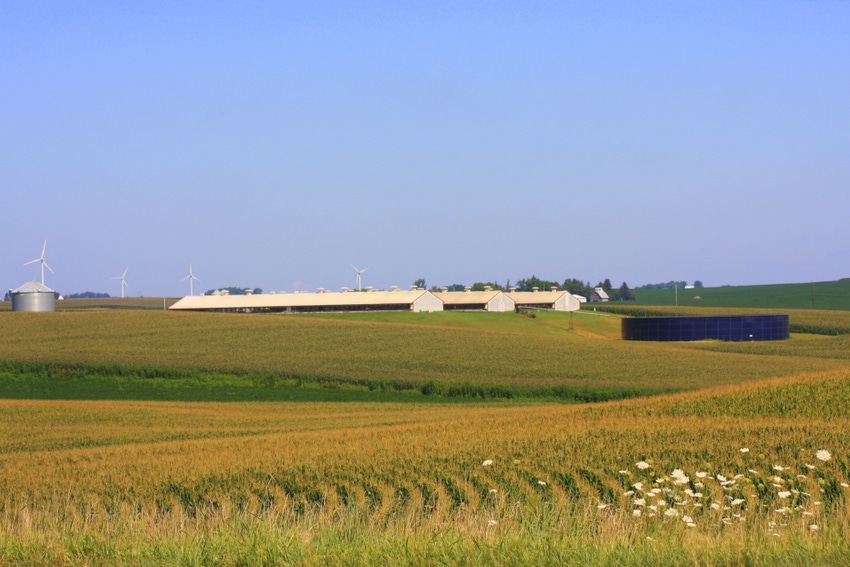NPPC and USPOULTRY ask court to give EPA more time to provide more specifics and final guidance before farmers must report emissions.

With a Nov. 15 deadline looming, the National Pork Producers Council (NPPC) and the U.S. Poultry & Egg Assn. (USPOULTRY) filed a brief Thursday in support of the U.S. Environmental Protection Agency’s motion to delay a mandate that farmers report certain air emissions from manure on their farms.
The petition follows the release of preliminary guidance documents on Oct. 27 that outlined reporting obligations for animal agriculture under the Comprehensive Environmental Response, Compensation & Liability Act (CERCLA) and the Emergency Planning & Community Right-to-Know Act (EPCRA).
The EPA petition recognizes that “estimating emissions is complex, given the numerous variables involved,” and that additional time would allow the agency to review input solicited from stakeholders that could increase the accuracy of emission estimates. The agency’s motion for further stay requests an additional two months or until Jan. 17, 2018, whichever is later.
In April, a federal court, ruling on a lawsuit environmental activist groups brought against EPA, rejected an exemption for farms from reporting “hazardous” emissions under CERCLA and EPCRA. CERCLA mainly is used to clean hazardous waste sites but has a federal reporting component, while EPCRA requires entities to report on the storage, use and release of hazardous substances to state and local governments, including first responders.
EPA had exempted farms from CERCLA reporting, reasoning that while emissions might exceed thresholds that would trigger responses under the law, such responses would be “unnecessary, impractical and unlikely.” The agency limited EPCRA reporting to large, confined animal feeding operations and requires them to make one-time reports. Under the decision from the U.S. Court of Appeals for the District of Columbia Circuit, all livestock farms, not just large operations, are required to report.
Between 60,000 and 100,000 livestock and poultry farmers will need to file air emissions reports with the U.S. Coast Guard National Response Center (NRC) beginning Nov. 15, as well as written reports with their regional EPA office within 30 days of reporting to NRC.
Some farmers already have tried filing reports, but the NRC system has been overwhelmed. NRC operators are refusing to accept reports for more than a single farm per call because of concern that the phone systems will be tied up for non-emergency purposes. In one instance, an NRC operator sent notices out to more than 20 state and federal response authorities -- including the U.S. Department of Homeland Security, the Centers for Disease Control & Prevention and a state policy agency -- after receiving a phone call.
In seeking a second delay in implementing the CERCLA reporting mandate – the original filing deadline technically was the day the federal court threw out the exemption – EPA, NPPC and USPOULTRY are asking the court to give the agency more time to “provide farmers more specific and final guidance before they must estimate and report emissions” and to develop a system that will enable farmers to comply with their legal obligations.
The American Dairy Coalition (ADC) is holding an informative webinar on Nov. 13 detailing the status of CERCLA and EPCRA reporting. Speakers Leah Ziemba and Taylor Fritsch of the Michael Best law firm will address what livestock farmers from across the U.S. must to do to comply with EPA’s air emission reports.
This event is free to all dairy and/or livestock producers (click here for registration information). All non-ADC member producers will receive three months of ADC membership free for joining the webinar. All others are welcome to attend at cost of $75 (click here for paid registration information).
About the Author(s)
You May Also Like




.png?width=300&auto=webp&quality=80&disable=upscale)
